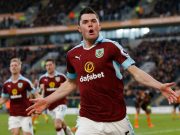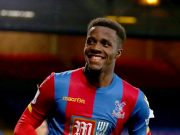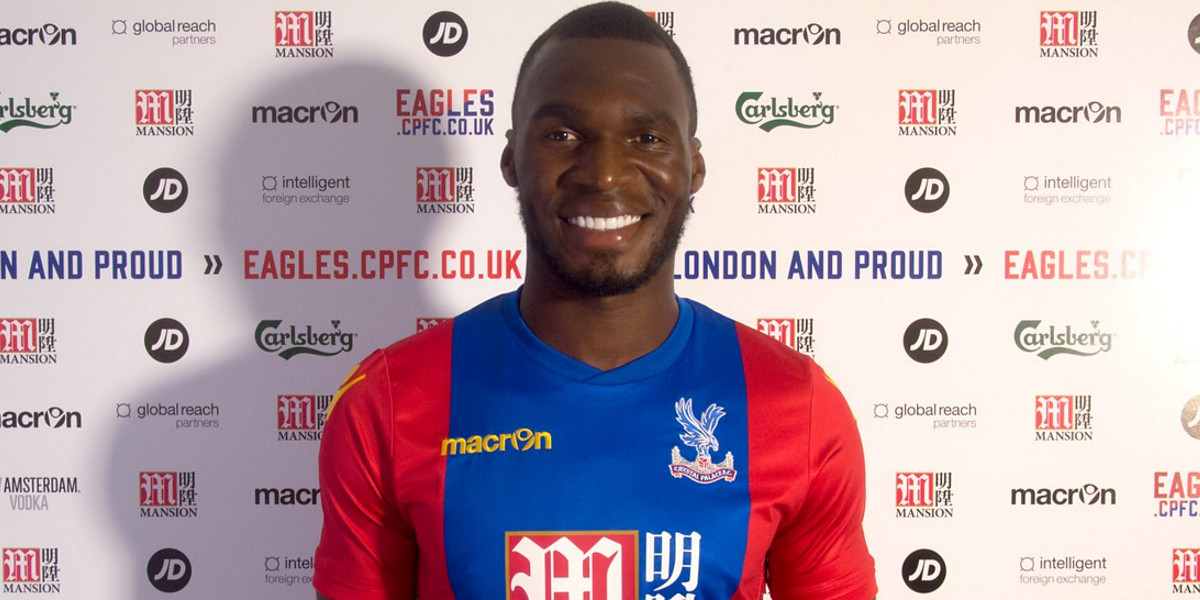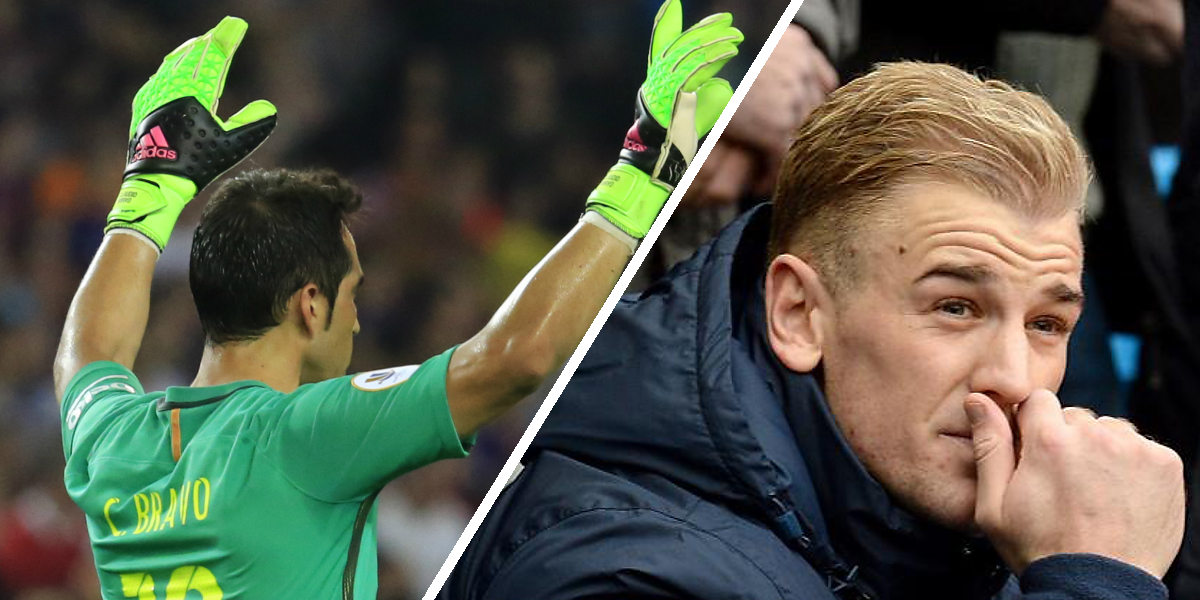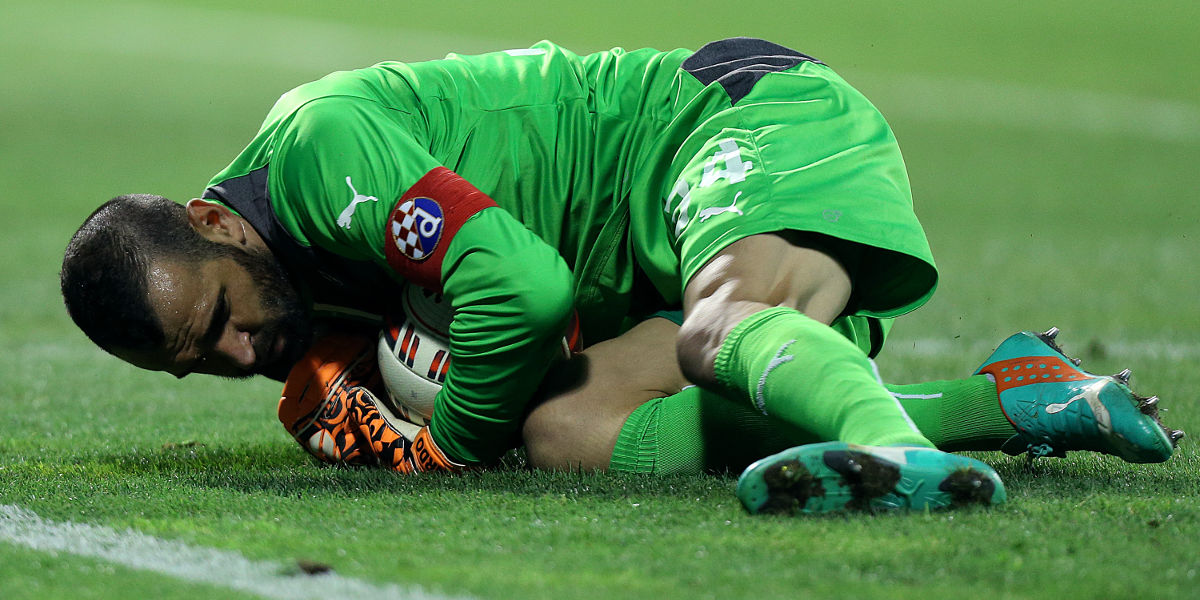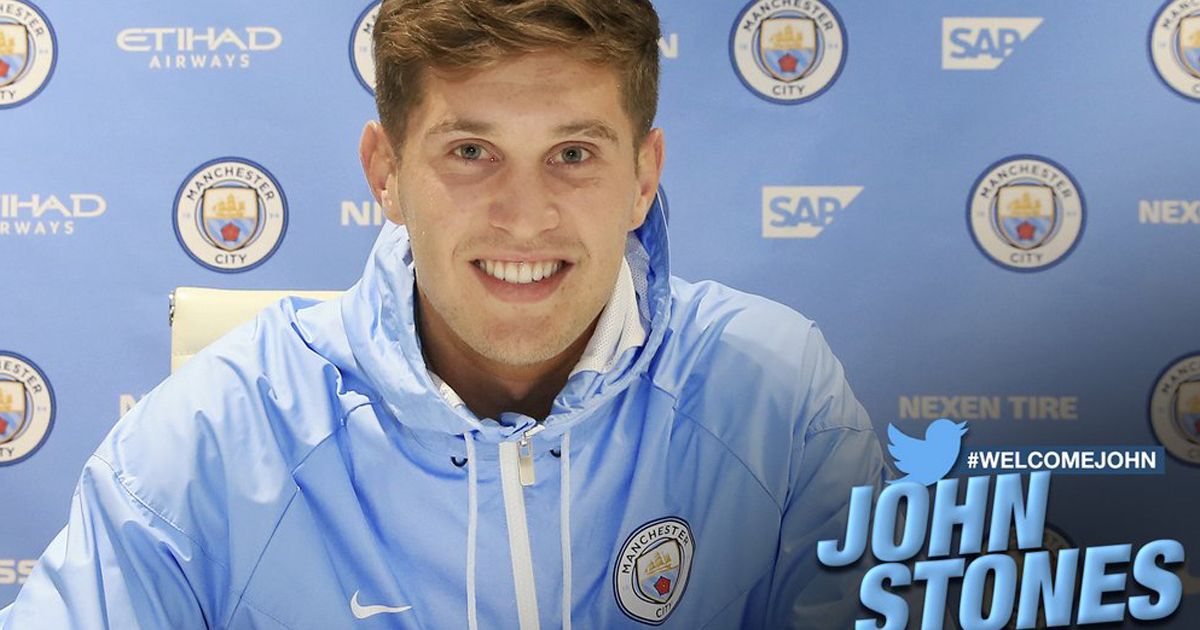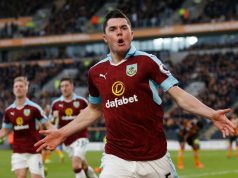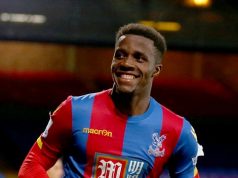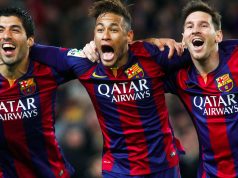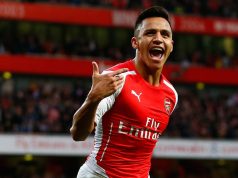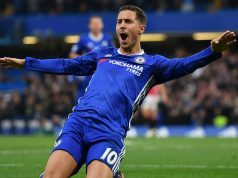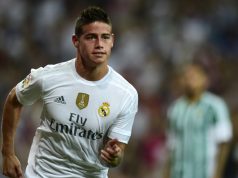By Martin Lipton
Terry will never be everybody’s cup of tea, but he remains, by a street, the best English central defender: a man who uses his know-how and footballing intelligence to make up for his shortcomings – and a far better player than any of his critics want to acknowledge.
The guarantee at Stamford Bridge on Wednesday is that the mention of one name will see the roof taken off.
In the eyes of the vast majority of Chelsea fans, John Terry will always be “Captain, Leader, Legend”, even if the rest of football takes a different stance.
Like Luis Suarez, Terry’s name will always be damned by many. There is no getting away from the fact that “who served a four-game ban for racially abusing” is the sub-clause that will be used time and again after mention of the Chelsea captain’s surname.
His long-term ambitions of becoming a future Chelsea manager now look like little more than a pipe dream. Terry knows that, too.
But only those wilfully blind to the truth about football would not recognise that Terry’s return to Chelsea colours will make Roberto Di Matteo feel more comfortable.
Di Matteo, rightly, and as he simply had to, insisted that his side could cope without Terry’s presence.
After all, he does have three other seasoned international centre-halves, men worth, at least, £50million between them on the open market.
Yet where Gary Cahill, David Luiz and Branislav Ivanovic all have their strengths, qualities and attributes, none of them are John Terry.
None of them personify defiance, resilience, determination. None of them embody the essence of the club.
Terry will never be everybody’s cup of tea. But he remains, by a street, the best English central defender, a man who uses his know-how and footballing intelligence to make up for his shortcomings – and a far better player than any of his critics want to acknowledge.
There is a determination among those who just do not like Terry to try to scapegoat him every time his side concedes a goal.
Then again, it seems that there are plenty of Chelsea fans who, in the same spirit (or lack thereof) believe they should castigate Rio Ferdinand for every goal that goes into the Manchester United net.
In truth, Terry does occasionally make mistakes. He is, sometimes, culpable.
But he also bails out his side time and again. Makes clearance after clearance, interception after interception, plays the referee as well as anybody in the game. In short, he leads by example.
And the reality is that those who castigate him more than any, the Liverpool fans who demanded their pound of flesh – with no apparent irony over their vigorous refusal to accept Suarez could possibly be guilty of the crime he was found to have committed by by a separate but similarly-constructed, barrister-led, Independent Regulatory Commission – know they would far rather he was completing his domestic ban on Sunday than being free to play against their side.
The statistics, as ever, make the case.
In the four games Terry missed, against Spurs, two with Manchester United and Swansea, Chelsea shipped 10 goals.
This season, in the eight games Terry has started, Chelsea have conceded eight goals. In the eight he has not started, they have conceded 14.
More importantly, where Chelsea were hoping to extend their lead over United to seven points barely a week ago, they now find themselves toppled from top spot and trailing the Old Trafford outfit.
No player in the Premier League – although I will acknowledge a shout for Nemanja Vidic – makes his team-mates feel as confident as Terry.
And there is no question, either, that Chelsea need him this week, first in what is, truly, a “must-win” Champions League match with an impressive Shakhtar Donetsk team, whose pace on the counter embarrassed the Blues a fortnight ago, and then against Liverpool next Sunday.
Wednesday’s game really is “must-win” too, or at least, part of a back to back sequence, completed by the trip to play Juventus in Turin later this month, from which Chelsea have to collect four points to remain masters of their destiny.
Anything less, and the final group game against Danish minnows Nordsjaelland threatens to become redundant and a valedictory act waving farewell to the trophy they worked so hard, over so many years, to claim.
While Chelsea currently sit second, three points behind Shakhtar and one ahead of Juve – who only drew in Copenhagen despite 30 shots on goal – they will almost certainly travel to Turin behind the Italians if they do not win this week.
With Shakhtar nailed-on to beat the Danes, that would qualify them for the last 16, as group winners if Chelsea were to draw in Turin, allowing them to lose to Juve – and eliminate Di Matteo’s side – irrespective of the final group result at Stamford Bridge.
Indeed, even a win on Wednesday has to be followed by a draw in Italy for Chelsea to be certain of going through by beating Nordsjaelland.
Terry’s return for both games increases the chances of that win – and another against Liverpool, for all that the Merseysiders have prospered in SW6 in recent seasons.
No doubt, either, that he will be greeted as a conquering hero. His past performances in a Chelsea shirt make that more than understandable, even if many outsiders will shake their heads in disgust.
Di Matteo, and Chelsea, still need Terry. Of that there is not a scintilla of a question. He will, as ever, respond in his customary manner.
The Clattenburg accusations had to be investigated – but if Chelsea have got it wrong there must be consequences.
The last thing Chelsea wanted in the wake of John Terry’s ban was to become immersed in another racism storm.
For the controversy over what Mark Clattenburg did or didn’t say to John Obi Mikel to still be raging more than a week after the incidents at Stamford Bridge during the defeat by Manchester United, only adds to the complications.
Of course, some will ask why it was that Mikel was able to hear what Clattenburg is alleged to have said when he did not hear Terry’s “Unholy Trinity” blast at Anton Ferdinand, despite being the closest player on the pitch at the time.
But if Mikel, or Ramires, or any other Chelsea player, truly believes that Clattenburg called the Nigerian a “monkey” – an accusation which, if proved, must spell the end of the referee’s career – then the club were honour-bound to pursue the allegations.
For Chelsea, this is a huge dilemma, as the club recognised in the immediate aftermath.
If anybody suggests there was a “revenge” motive, or that this was an accusation made lightly, they are simply, blindingly, and utterly, mistaken.
Speaking to senior Chelsea officials last week, I know how shocked they were at what they were led to believe Clattenburg had said. And there was nothing false or deceitful about that reaction.
Yet if the Chelsea players have got it wrong, horribly wrong, there will have to be consequences.
Not, I suspect, for any of the players. If they believe they were racially abused, it is right that they stand up and say so.
But Chelsea as a club – and a club which, as was proven by the actions of one in-bred during last week’s Capital One Cup tie, still has some neanderthals to root out – run the risk of a huge fine and enormous reputational damage.
Chelsea were not oblivious to that. They recognised they were playing with fire, that incendiary allegations, if not backed up by genuine evidence – and all the video footage, from every camera angle, will be studied – would bring consequences that would not be pleasant.
That would explain why lawyers were called in, why – presumably – the initial allegations that Clattenburg had called Juan Mata a “Spanish t***” were withdrawn three days later.
Just like Chelsea, the Clattenburg affair was something the Football Association needed like a hole in the head as well.
But the FA have to investigate, without fear or favour. That is only right.
Some may continue to question the way Chelsea went about things. If the allegations are not justified, that view will intensify. And the Stamford Bridge hierarchy know they will get it in the neck.


